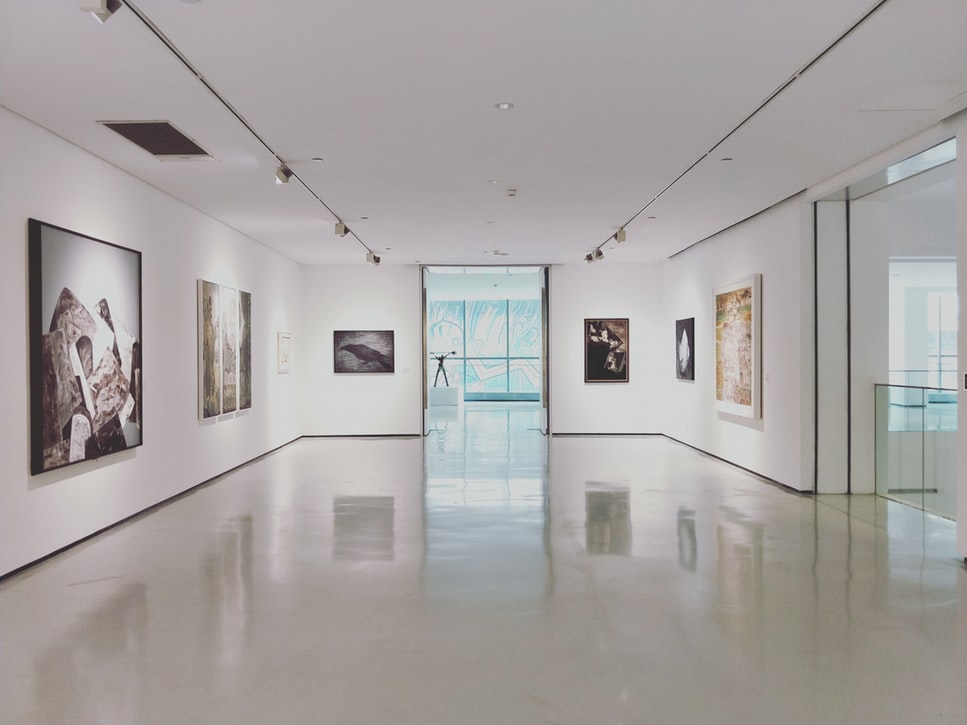Coronavirus vs culture: what impact is coronavirus having on the arts?
The Coronavirus has affected most aspects of life on an international scale. The arts have been particularly badly affected as most are enjoyed in a social context: theatres, concert halls, cinemas, bars, art galleries and museums have all closed. In the initial stages of the outbreak governmental advice seemed to be in the interest of those with compromised health, but now it’s been emphasised the pandemic requires a group effort and the closure of theatres and galleries are a necessary step to encouraging social distancing.
There’s an obvious economic impact on cinemas, art galleries and museums as they will lose income, but there is also a human impact as the theatre and concert venue staff will also be impacted; a vast array of largely self-employed and freelancers who can often be financially insecure anyway. Apart from the actors and musicians that you see on stage, there are technicians, road managers, publicists, equipment movers, catering staff and many other ancillary roles – most of whom have no other form of income. For example, stage actors can’t turn to TV productions as these have also been halted and musicians can’t fall back on face-to-face teaching as this has also been suspended.
The pandemic requires a group effort and the closure of theatres and galleries are a necessary step to encouraging social distancing.
The worldwide nature of the restrictions mean that there aren’t any international options either. This has created a void within the arts, as all aspects of collective consumption can no longer occur, which will have negative impacts, primarily financial hits and lost opportunities. However, the arts are beginning to take on new life virtually, and in unprecedented methods, perhaps enhancing accessibility and overcoming the essence of exclusivity observed by many. Museums are taking to posting artefacts daily, musicians are holding online concerts and actors are even performing Shakespeare on Youtube, to name a few.
The TV schedules are due to make adjustments to align with this unprecedented way of life, such as an emphasis on educational shows for children not in schools, and follow-along exercise routines for the elderly. Among the hardships the arts seem to be facing, currently there seems to be a miniature cultural revolution with the arts being reclaimed on social media.
It is said that Shakespeare wrote King Lear while in quarantine for the plague, and maybe this points to the creativity that is induced by boredom, or more free time. Who is to say what kind of new projects and ideas could be born as a result of time spent in isolation? It is also the case that streaming services and home entertainment are due to thrive in these times as well, encouraging families to experience art together. Due to social distancing conditions, many broadcasts may have been suspended, but people are able to turn to films and shows as well as the various forms of entertainment they have already in their homes, such as books, which they may not have felt like they had the time to enjoy before.
Amongst the hardships the arts seem to be facing, currently there seems to be a miniature cultural revolution with the arts being reclaimed on social media.
It is also important to note that when normal life resumes, there may well be an emphasis on the arts and even a cultural boom as people may value it more. They may realise just how much they had missed trips to the theatre, cinemas and galleries, as some art can only be appreciated from the home to a limited extent. Therefore, although the public’s experience of art is changing drastically, it may not be all bad for the art world. Who knows what art will come out of this extra time and boredom?

Comments